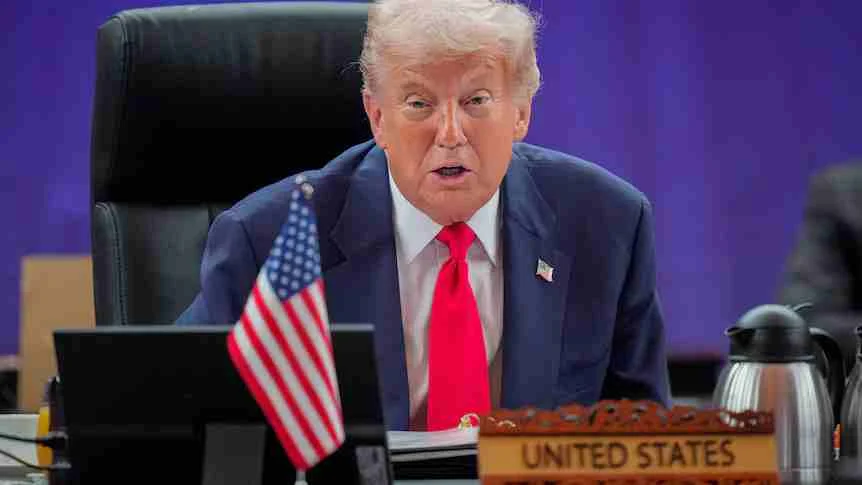On October 21, 2025, a small group of Cuban musicians gathered in a Havana Catholic church to celebrate what would have been salsa legend Celia Cruz’s 100th birthday.
Joined by U.S. Chief of Mission Mike Hammer, they paid heartfelt homage to the “Queen of Salsa,” who passed away in 2003. The intimate ceremony, filled with music and memories, honored Cruz’s vibrant legacy, but it came on the heels of a controversy that’s stirring emotions across Cuba.
Last week, the state-run National Center for Popular Music abruptly canceled a larger tribute planned by the theater group El Publico at a local venue.
The decision, announced vaguely online, left fans crying censorship, given Cruz’s outspoken criticism of Cuba’s government after she left the island post-revolution.
Sparks of Controversy
Cruz, who became a U.S. citizen in 1977, never shied from advocating for Cuban freedom, a stance that made her a polarizing figure.
The canceled event fueled accusations that authorities were suppressing her legacy due to her politics, though her music rarely touched on such themes.
The church ceremony, though modest, carried deep meaning. Musicians played Cruz’s hits like “La Vida Es Un Carnaval,” filling the air with her infectious energy.
Hammer, shaking hands with performers, praised Cruz’s joy and her dream of liberty. “She brought hope through song, and her love for freedom inspires us all,” he said, calling it an honor to join the tribute.
Cruz’s Towering Legacy
Born in Havana, Cruz rose to global fame, earning three U.S. Grammys, four Latin Grammys, and a Congressional Gold Medal in 2005. Her powerful voice and colorful performances made her a 20th-century Latin music icon.
Leaving Cuba after Fidel Castro’s rise, she built a career in the U.S., but her heart remained tied to her homeland, even as she criticized its leadership.
Her music, bursting with rhythm and joy, united people across cultures. Songs like “Guantanamera” became anthems, transcending politics. Yet, her departure and vocal stance made her a complex figure in Cuba, where her legacy is both cherished and debated.
Diplomatic Tensions
Hammer’s presence at the event raised eyebrows. Since arriving in 2024, the U.S. diplomat has met with dissidents across Cuba, drawing accusations from the government of stirring unrest.
He denies this, focusing instead on cultural ties like the Cruz tribute. His attendance underscores the delicate U.S.-Cuba relationship, where music and politics often collide.
The canceled El Publico event only deepened tensions. Fans see it as an attempt to mute Cruz’s voice, while officials remain silent on the reasons. The contrast between the state’s decision and the church’s celebration highlights Cuba’s struggle to reconcile with its past.
A Legacy That Endures
Cruz’s centennial has reignited her influence. In Havana, her songs echo in streets and homes, a reminder of her unbreakable spirit. The church tribute, though small, showed her power to unite, even amid controversy.
Cuba’s younger generation, inspired by Cruz, is pushing for open dialogue. The canceled tribute may have sparked debate, but it’s also amplified her message of joy and freedom. As Havana reflects, Cruz’s music remains a beacon, proving her voice still resonates, 100 years on.
READ ALSO: London’s Hindu Temple Prepares for Diwali Celebrations






